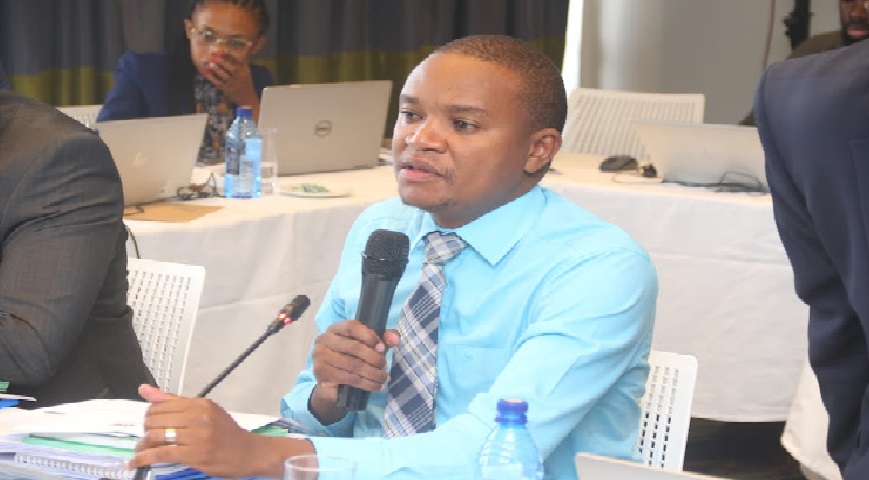Molo Member of Parliament Kimani Kuria has expressed his frustration over a video clip that he claims has been selectively edited to support a narrative against him. In the excerpt, the MP is heard suggesting that manufacturers should relocate their operations to countries like Uganda if they find the taxes imposed by the government too high, and then subsequently import the vehicles back into the country.
This statement sparked public outrage, with Kenyans criticizing him for being insensitive about the taxation issues affecting everyone in the country, not just the wealthy.
Let us desist from misinformation. The clip that is trending was cut to create a false narrative and misinterpreted my statements.
— Hon Kuria Kimani- MP Molo (@KuriaKimaniMP) June 5, 2024
Here is the true account of my views.#Molo #KKSeasonTwo pic.twitter.com/0LImZy2mFW
Did you read this?
In response, he clarified that his intent was to highlight the importance of operating within the East African Community (EAC) and the Common Market for Eastern and Southern Africa (COMESA). He explained that making some unpopular decisions might lead manufacturers to relocate to countries like Uganda.
Kimani Kuria is known for spearheading the Finance Act 2023, has introduced a new bill aimed at enhancing revenue collection. In this latest initiative, the dynamic parliamentarian is targeting real estate developers involved in property construction and sales.
The Member of Parliament has introduced a bill mandating real estate developers to obtain permits prior to conducting business activities within the country.
Dubbed the Real Estate Regulation Bill, 2024, this legislative proposal aims to impose order in an unregulated sector. The bill advocates for the establishment of the Real Estate Regulatory Authority tasked with overseeing the industry. Among its proposed functions are regulating and registering projects, as well as maintaining a public database on real estate.
As per the bill's provisions, developers found providing false information to the authority will face penalties amounting to 5% of the estimated project cost, as determined by the board.
Furthermore, the bill proposes strict consequences for developers operating in the real estate sector without the required permits. Offenders could face a hefty fine of Sh5 million or up to three years in prison.
If the bill is enacted, developers will be required to pay Sh500,000 for permits and an annual renewal fee of Sh200,000. Additionally, developers will undergo licensing procedures aimed at safeguarding purchasers' interests.
Undoubtedly, this initiative is poised to bolster revenue collection, given the substantial number of approximately 500 developers operating within the country.









